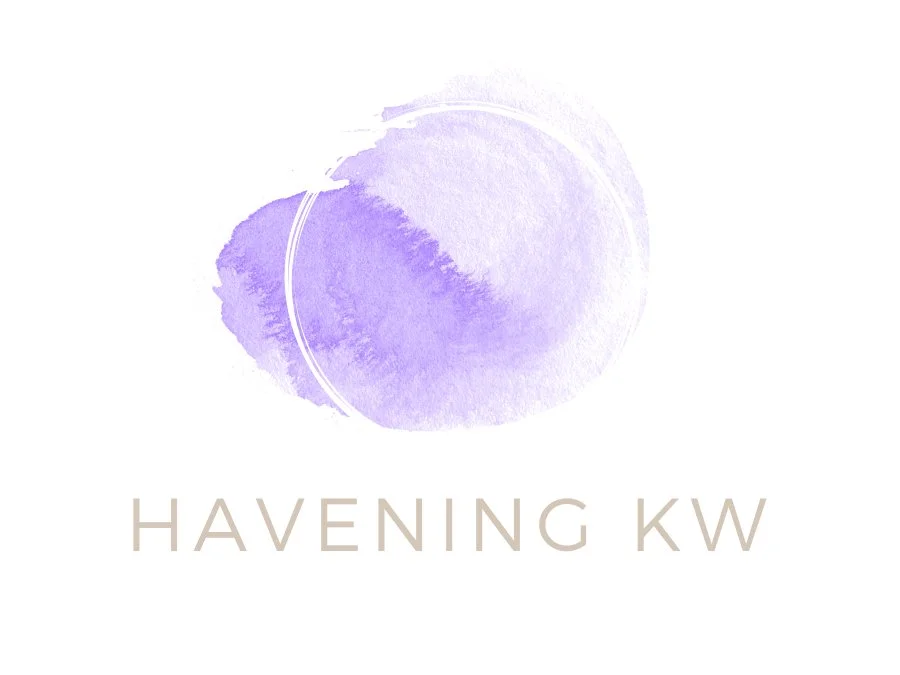Are you interested in trying Creative or Spiritual Bibliotherapy?
Books and reading have long been considered therapeutic, as literature, poetry, short fiction, and even essays have the potential for deep healing and insight. Most readers have had the everyday experience of reading a book or even a particular passage at exactly the right time. This synchronicity might have facilitated a significant shift in thinking or belief around a life’s challenge. Or it might have opened up a new way to see a current difficulty. Or maybe what you read at the time was so profound that you felt connected to something larger than yourself or much more connected to your highest self. This is what can distinguish the practice of creative bibliotherapy from reading. However, as mentioned, creative bibliotherapy moments can also impact us when we least expect it.
Using creative or spiritual bibliotherapy in counselling has several applications. I have guided clients in creative and spiritual bibliotherapy through groups, micro-groups, and individually. You don’t need to prepare any reading for this, as bibliotherapy is very different from a book club. Fiction, non-fiction, poetry, essays, and short fiction are all chosen around a theme or topic and passages are read out loud, sometimes more than once. We focus on a holistic response to passages and what they evoke right now and at this time in your life. Reading in this way can be surprisingly insightful as we explore the impact of certain words and meanings. How are we responding to this passage at this time, and why? How is our highest self responding to this passage? Is there a difference in these voices? Are they the same or different? In what ways?
Bibliotherapy can bring solace, insight, and deeply considered advice to our challenges. I have worked with bibliotherapy for a variety of challenges, including stress, grief, loss, anxiety, depression and life transitions. Overwhelmingly, bibliotherapy can be used for coping with feelings of loneliness and isolation. This is particularly true if we struggle with shame, pessimism and even chronic illness or autoimmune disorders, as it can often feel like we are alone against the world. Reading and creative bibliotherapy can act in a protective way to help us navigate these tough challenges in tandem with traditional counselling. Integrated with counselling, bibliotherapy can add an existential and experiential aspect to healing, which transcends the traditional approach within counselling. It can engage all senses as we harmonize emotional, cognitive, behavioural and spiritual growth at once.
Bibliotherapy can also help us feel supported in our experience and open us up to the possibility of universalism or knowing that we are not alone. In this way, spiritual bibliotherapy also opens us to a deeper connection to ourselves and the sacred. Reading with this particular theme in mind, bibliotherapy can help re-connect us to nature, our deepest selves, and our relationship with transcendent reality. As Alain de Botton states, “In reality, every reader is, while he is reading, the reader of his own self. The writer’s work is merely a kind of optical instrument which he offers to the reader to enable him to discern what, without this book, he would perhaps never have experienced in himself. And the recognition by the reader in his own self of what the book says is the proof of its veracity.”
